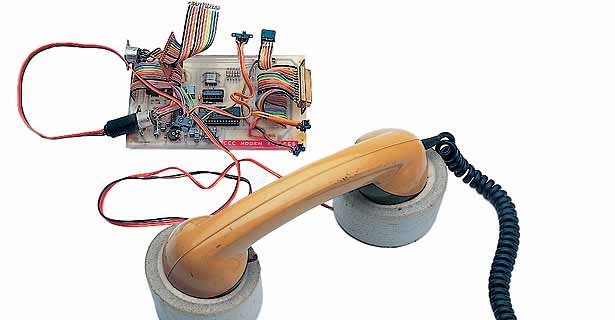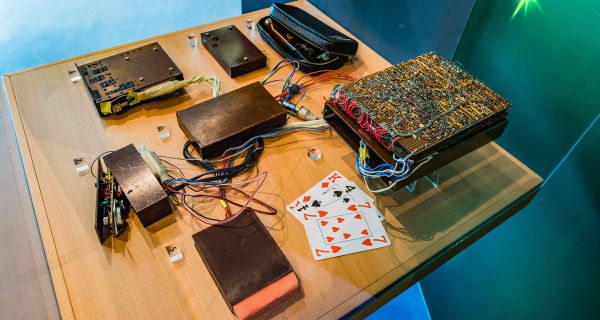Hacker - hardly any other term in the history of computer technology is as equivocal and controversial as this one.
In the public's eye, hackers are people who crack passwords and break into computers out of greed and maliciousness. Tradition-conscious hackers, who coined the term in the 1960s and 1970s, emphatically reject this interpretation. For them, hackers are skilled, unconventional programmers who are able to make use of technology in an imaginative way. Others think that it is typical for hackers to provide the software they have written free of charge.
Hackers and progress
In fact, all these views are partly right. Hackers can be generous, they are nearly always unorthodox computer experts, and - in their enthusiasm for the possibilities of technology - they overstep conventions and sometimes the boundaries of legality. But all hackers agree on one point, that they belong to an underestimated elite.
The impact of hackers on the development of computers, and in particular personal computers, must not be underrated. Hackers appropriated minicomputers at universities in the USA during the 1960s, and initiated the end of the dominance of the "high priests" who were in charge of the mainframes at that time. It was hackers who actively drove on the introduction of PCs in the 1970s.
Phone phreaking
Last but not least, hackers pointed out the vulnerability of the information society in their explorations through computer networks in the 1980s and 1990s.
Phone phreaking was a special type of hacking, which primarily involved exploring the telephone system and using it without charge. A copy of the legendary Cap'n Crunch toy pipe, which could be used to outwit the telephone network, can be admired alongside the similar, but much more efficient blue box.
Hackers have a completely different status in today’s fully networked World Wide Web. They are paid by governments to develop cyber-weapons against other powers in targeted operations or to spy on organised crime rings.





